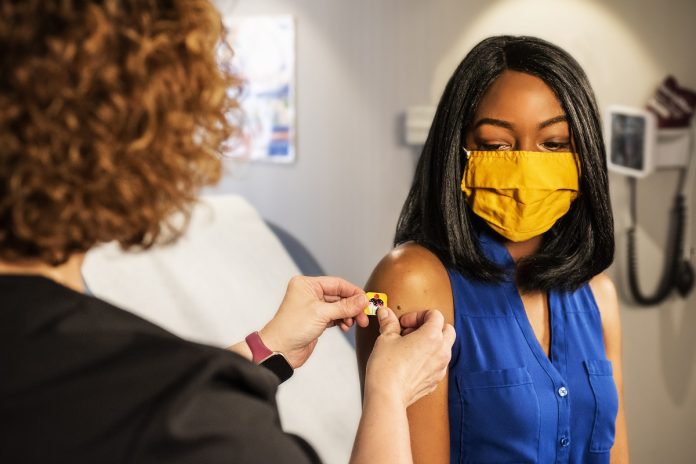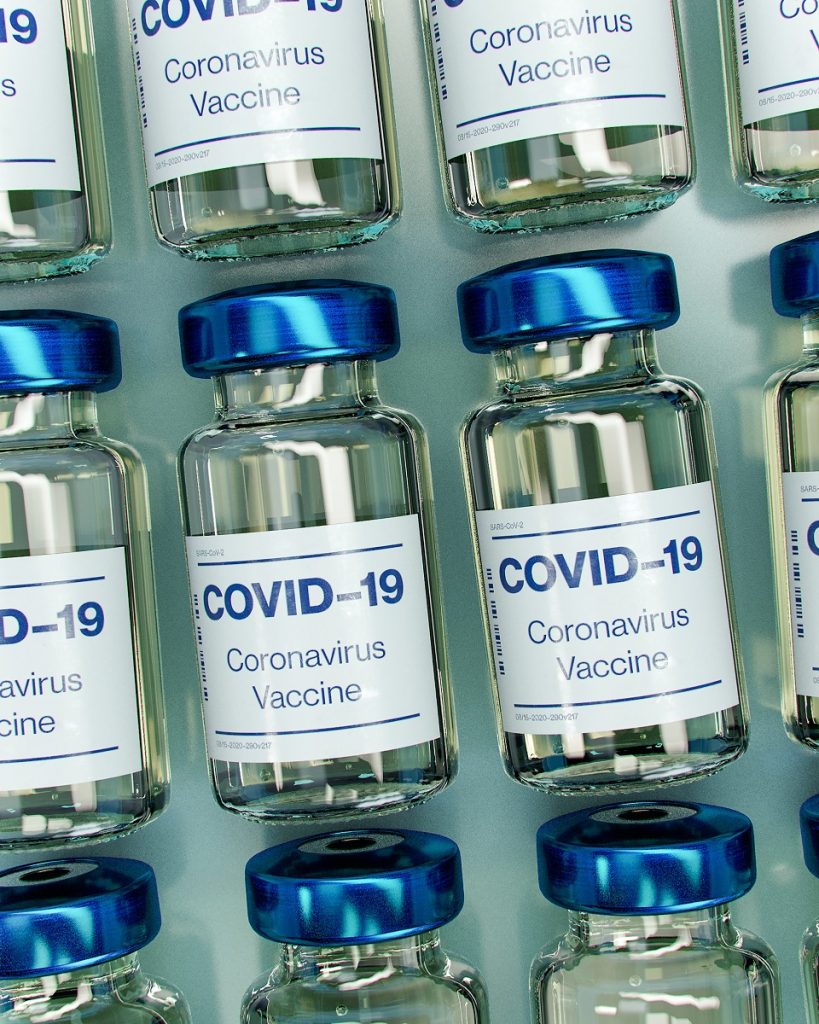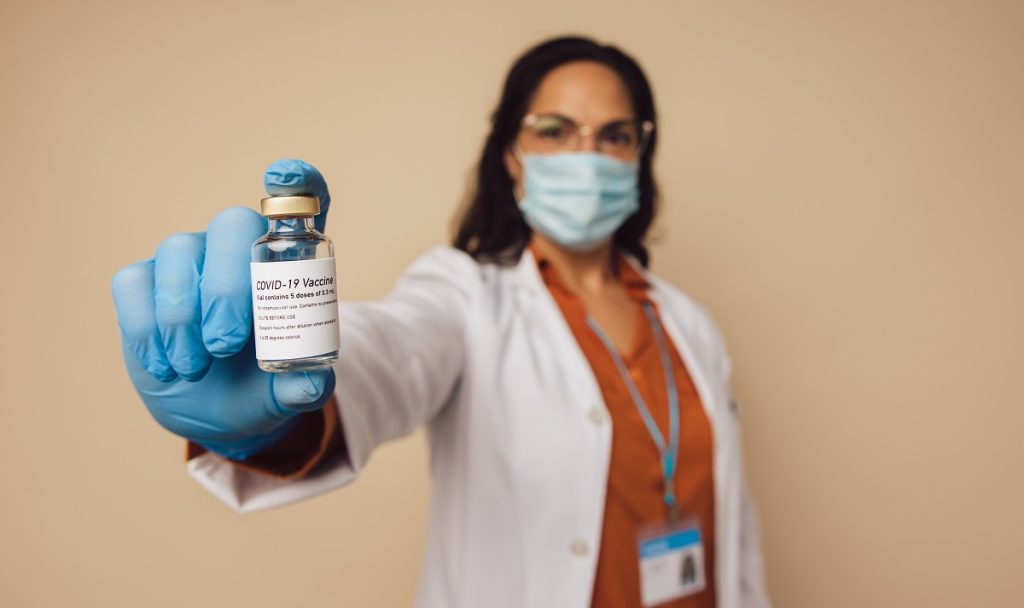
After more than a year living through a pandemic, the world was given hope in December of 2020 when the first wave of COVID-19 vaccines was approved for emergency use. Major research breakthroughs from the past two decades enabled scientists to create vaccines in record time — the fastest ever made from development to deployment.
Now, over 3.33 billion people (about 40% of the world’s population) are fully vaccinated. Further efforts, however, are being hindered by misinformation and conspiracy theories, often rapidly spread through social media. To better empower you and limit harmful vaccine hesitancy, we’re debunking COVID-19 vaccine myths and separating facts from fiction.
Myth: You do not need to get the vaccine if you’ve already had COVID-19 in the past.
Fact: Previously having the COVID-19 virus does not mean that you are immune forever. The timeline of how long naturally-developed antibodies last is still uncertain, but scientists estimate that they are only stable for six months to a year. In contrast, studies have proven that vaccines provide more persistent protection against the virus by artificially teaching your immune system how to produce fortifying protein components. This means you develop longer-lasting immunity on your own, helping prevent severe symptoms or illness from the virus and dramatically reducing your likelihood of infection.

Myth: The COVID-19 vaccines reduce fertility in men and women.
Fact: By this point, we probably all have seen Trinidad-born rapper Nicki Minaj’s tweets claiming the COVID-19 vaccine caused infertility for a family friend ― a claim thoroughly debunked by Trinidad and Tobago Health Minister Terrence Deyalsingh after investigation. One of the most common cause of vaccine hesitancy is the belief that the shot will impact fertility.
In fact, research finds the exact opposite. Reports suggest that becoming severely sick from the COVID-19 virus while unvaccinated could potentially reduce fertility. According to Dr. Stacey J. Oddman, MD, “Studies that included the Moderna and Pfizer/BioNTech vaccines demonstrated that they do not impair sperm characteristics and the CDC reports that there is no evidence to support that any vaccines, including COVID-19 vaccines, cause infertility in either women or men.”

Myth: The COVID-19 vaccines are not safe because their development was rushed.
Fact: Many believe that the vaccines can’t be trusted because they were produced too quickly. But were they? In the case of COVID-19, scientists had a major head start. Researchers around the world have been studying coronaviruses for decades in preparation for a potential pandemic. They also were perfecting vaccination development methods in response to other recent coronavirus outbreaks like Severe Acute Respiratory Syndrome (SARS) in 2003 and Middle East Respiratory Syndrome (MERS) in 2012.
Thanks to advances in gene sequencing, Chinese researchers were also able to quickly map the complete virus genome and share it with the global scientific community. Because COVID-19 was so rampant, scientists also had a plentiful pool of volunteers for test trials. Currently, both Pfizer and Moderna vaccines offer up to 95% effectiveness and both have been thoroughly tested for safety.
Myth: The COVID-19 vaccines will alter DNA and have severe side effects.
Fact: None of the COVID-19 vaccines interact with or alter your DNA. They simply deliver genetic material to inform your body of how to protect itself against the virus if you come into contact with it. None of the vaccines contain a live virus. “The COVID-19 vaccines do not alter one’s DNA because the genetic material that is introduced into the body from the vaccines does not enter our cells, which is where DNA is stored,” says Dr. Oddman. Similar to most vaccines, there are risks of serious side effects, but they are rare. A majority of side effects in clinical trials and in the general public are mild, like pain near the injection site, low-grade fever, headaches and fatigue.
































